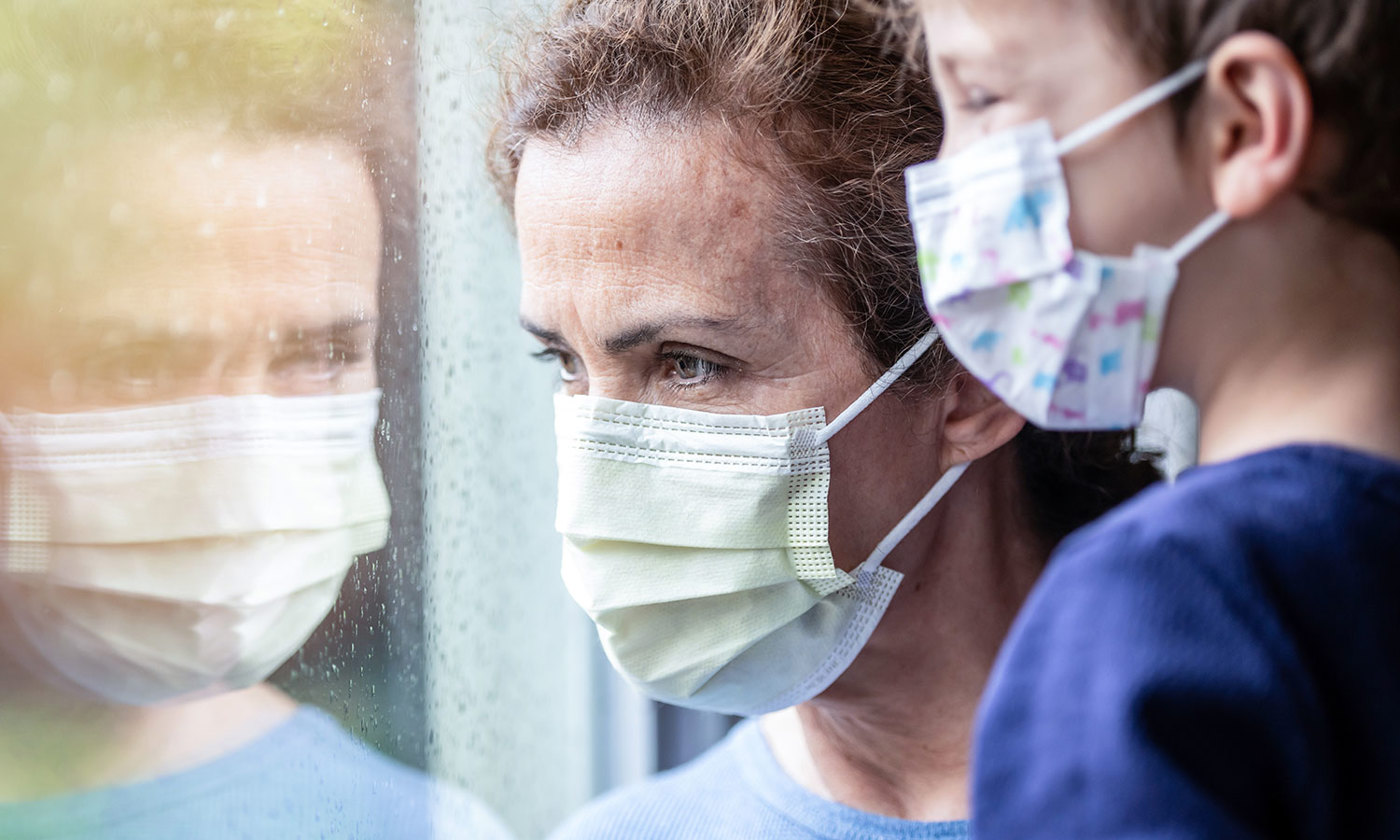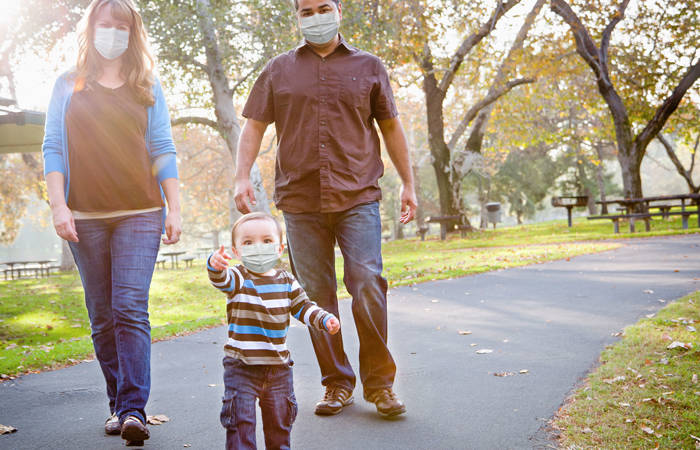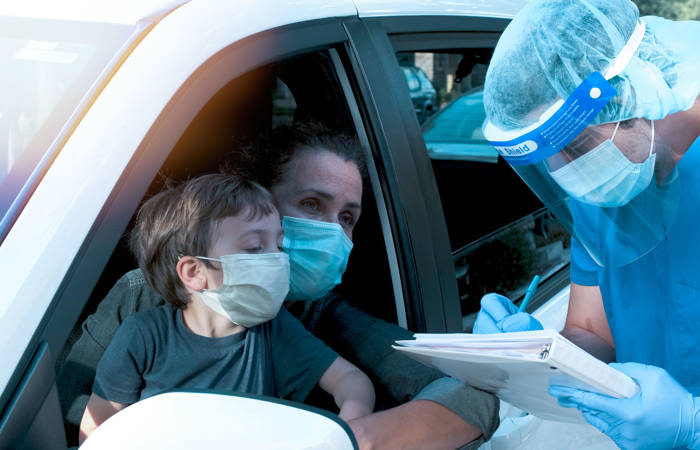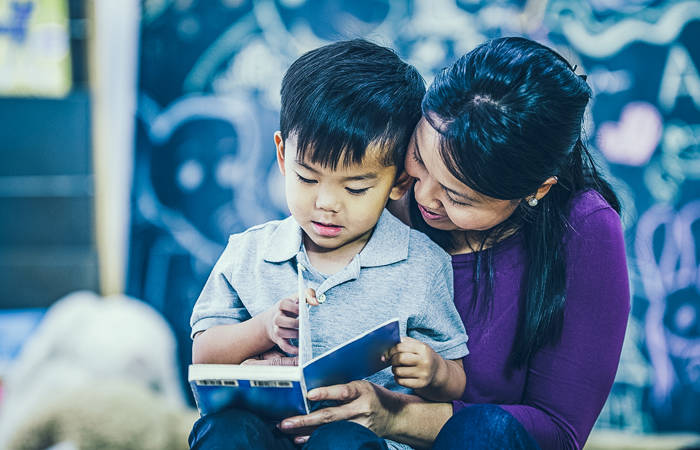Like what you see?
Sign up to receive more free parenting advice.
Thank you for subscribing to our newsletter!
Lifestyle

Credit: iStock.com/Juanmonino
A third of Australian mums experiencing disadvantage have suffered job or income loss as well as high rates of stress during the COVID-19 pandemic, a study has found.
The research, led by the Centre for Community Child Health at the Murdoch Children’s Research Institute (MCRI) and published in PLOS ONE, found mothers who had to self-quarantine, faced financial hardship, or were under stress from their children’s at-home learning reported poorer mental health.
The researchers stated unless the financial and social consequences of lockdown were addressed, the inequities arising from adversity would be exacerbated.
The study involved 319 mothers living in adversity recruited across Victoria and Tasmania from the right@home trial who undertook a survey during the first 10 months of the pandemic. It found 20 per cent of mothers had to self-quarantine, 27 per cent experienced job or income loss and 40 per cent faced family stress.
A third of mothers reported being moderately to extremely worried about themselves or family members becoming infected and that changes in contact with family and friends had been moderately to extremely stressful for their child. Half felt their child’s at-home learning often or almost always made their usual duties more difficult.
But the report noted many also experienced resilience with 49 per cent finding good ways of coping with the stress and 29 per cent providing support to fellow families in their community.
Financial and social impacts
MCRI researcher Dr Hannah Bryson says the financial and social impacts of Australia’s public health restrictions have substantially affected families experiencing adversity and their mental health.
“Financial hardship impacts parents’ ability to pay for essentials and to care for and invest in resources for their children. Additionally, it puts families at greater risk of poor mental health, family violence and child maltreatment,” she says.
“Subsequently, poor parent mental health can negatively impact parents’ own health, as well as their children’s behavioural and emotional outcomes. “Closure of schools and transitioning to at-home learning also appears to be a key contributor to this.”
As Australia emerges from lockdown and the pandemic, the disproportionate burden on women and children already living in adversity will need to be addressed with similarly disproportionate service system and economic policy responses.Professor Sharon Goldfeld
Stay up to date with the latest news and articles from First Five Years
Thank you for subscribing to our newsletter!
Prioritising the needs of women living in adversity
MCRI Professor Sharon Goldfeld says to recover from the pandemic, the economic and healthcare needs of women and children living in adversity must be prioritised with investment in income support and universal and equitable access to family health services.
“As Australia emerges from lockdown and the pandemic, the disproportionate burden on women and children already living in adversity will need to be addressed with similarly disproportionate service system and economic policy responses,” she says.
Researchers from The Royal Children’s Hospital, the University of Melbourne, Deakin University, Australian Research Alliance for Children and Youth and Western Sydney University also contributed to the report.






